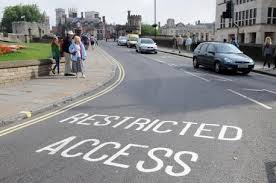Footfall in City centre up
The York Council says that it still faces a £20.4 million budget shortfall as a result of the COVID crisis.
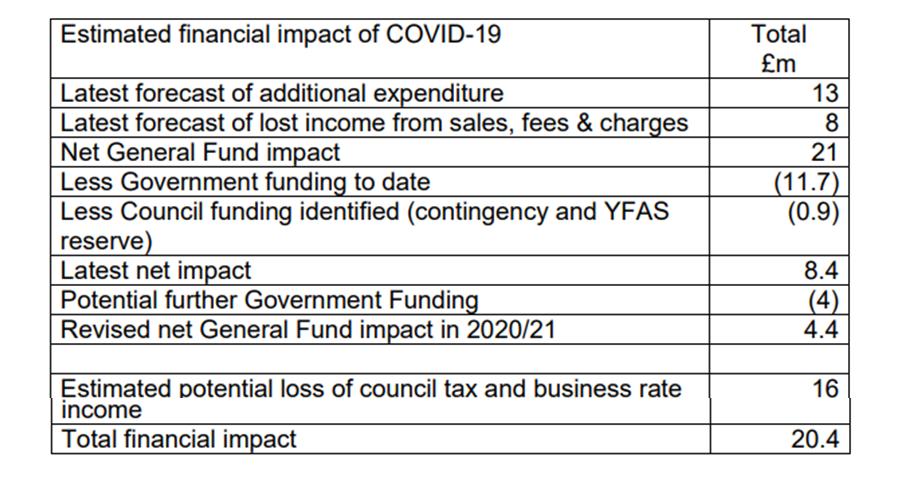
The figures will be presented to a meeting next week They vary little from what has previously been published with the bulk of the shortfall (£16 million) being in anticipated reductions in Council Tax and Business Rate income following a rise in unemployment levels. .
The biggest hit is expected during the next financial year when the Councils reserves will hit a low point.
There is still little evidence that the council is controlling its expenditure levels. There has been no freeze on new expenditure commitments.
One encouraging trend is in visitor numbers in the City centre.
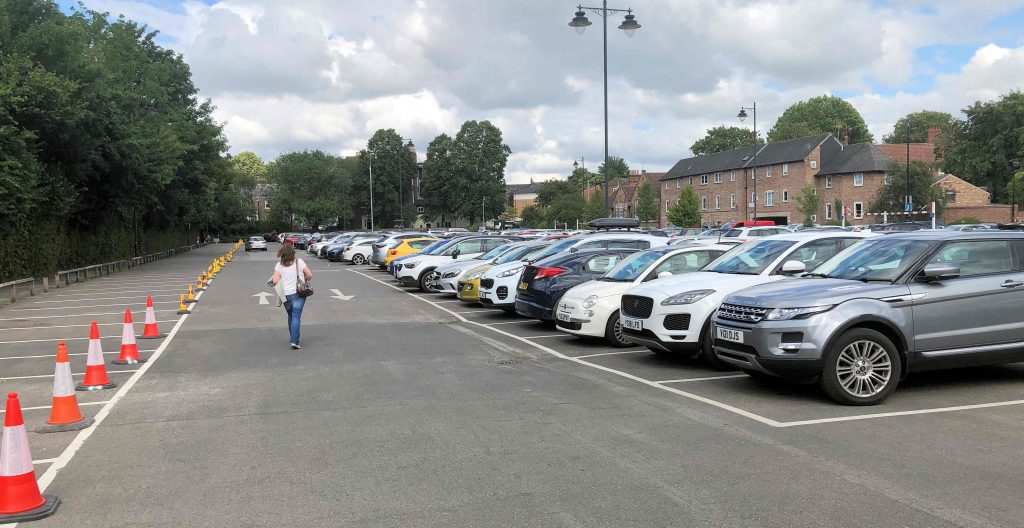
Officials say that use is now at 80% of car park capacity.
Footfall is at 70% of normal levels. This is higher than in other cities (50%) and bears out our own observations.
Use of public transport is still much reduced.
Despite the obvious increasing demand for car parking there is no mention in the report about the controversial decision to take 40 spaces at Marygate out of use.
Nor is there any acknowledgement that the number of spaces allocated for disabled use at Monk Bar is excessive. Most there are never used.
These spaces could be generating additional income for the Council and, of course, their occupants would be likely to be spending in local shops, restaurants and visitor attractions.
The income loss to the Council from the 70 unused spaces is estimated to be £5000 a week.
The Council says that changed highways layouts have “largely been well received”. They base this claim on the responses to a survey question (“big conversation”) where 62% said that they agreed with the extension of the “foot-streets”.
This may be so, but the council failed to include questions in its survey about individual actions like the reduction in car parking provision. Without such feedback, it is impossible to judge which of the changes enjoys popular support.
There is no acknowledgement that faulty car park ticket machines and unreliable advanced space availability signs remain an issue.
The Council is promising to consult with disabled residents about their transport needs. It will spend £25,000 doing so.
As usual the suburban and secondary shopping areas are ignored by officials.
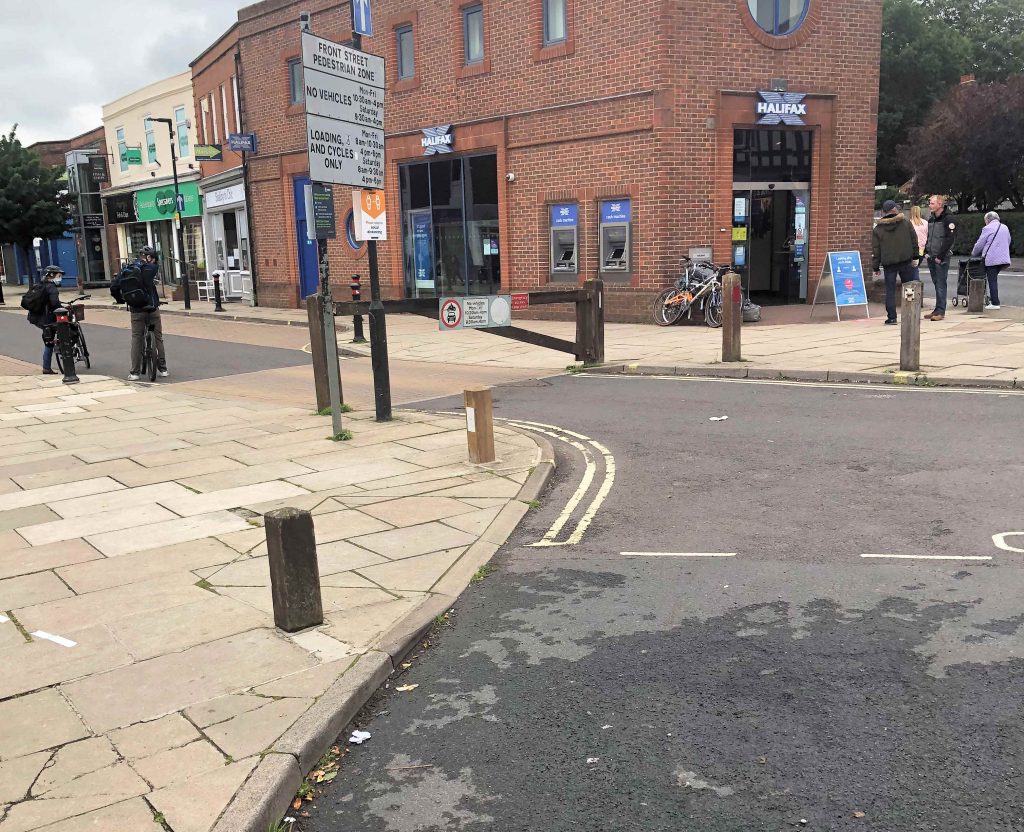
There is clearly an economic opportunity for areas like Acomb if they can attract those who feel let down by some of the travel restrictions.
Opening Front Street to blue badge holders, on one or two days a week, would cost little but could stimulate footfall in what is another another beleaguered trading area.

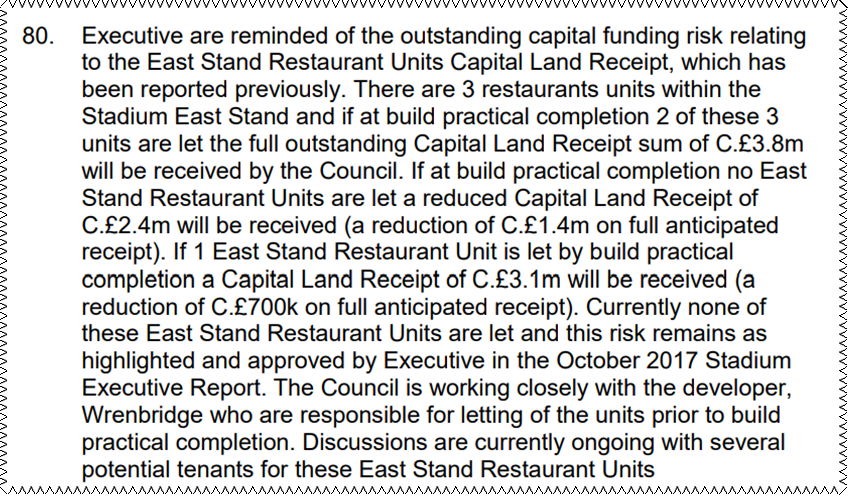

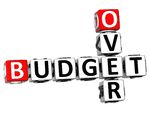 Any resident with an idle moment can take part in the York Council’s annual budget quiz. A simulator allows residents to set council tax levels and public service priorities.
Any resident with an idle moment can take part in the York Council’s annual budget quiz. A simulator allows residents to set council tax levels and public service priorities.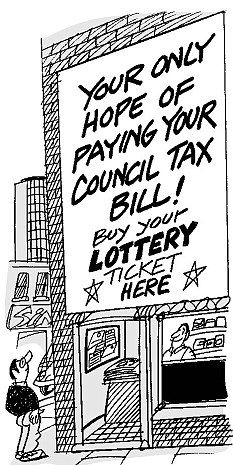 A meeting tomorrow (Thursday) will set the York Councils budget for 2018/19.
A meeting tomorrow (Thursday) will set the York Councils budget for 2018/19.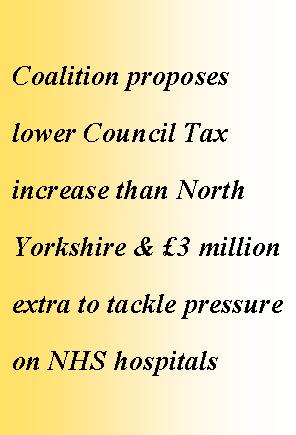
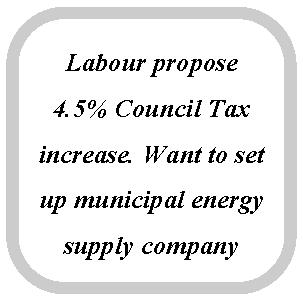
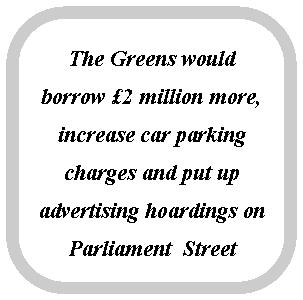 The Greens also want to borrow an extra £2 million to buy empty property.
The Greens also want to borrow an extra £2 million to buy empty property.
